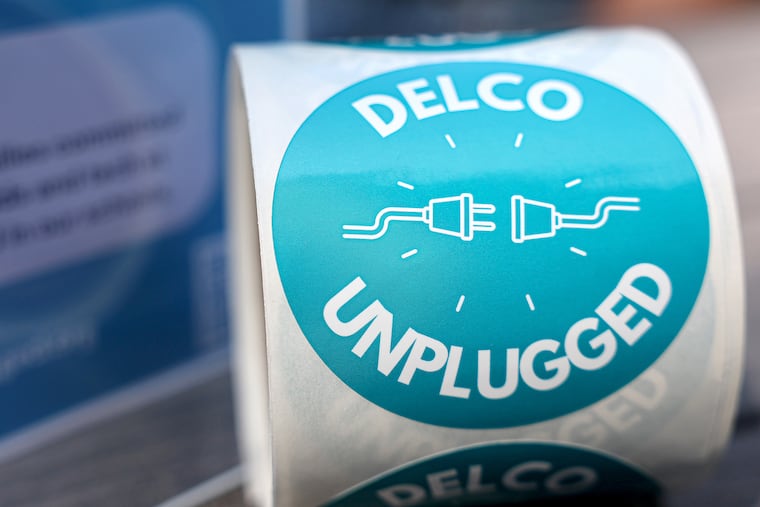Suburban parents seek to ban smartphones in schools, citing overwhelming negative impact on children.
In recent years, increasing concern among parents about the impact of smartphone use on children’s development has sparked a grassroots movement advocating for delayed smartphone adoption. This initiative, notably represented by groups such as Delco Unplugged, led by Alex Becker, aims to keep phones out of schools and delay smartphone use until high school.
Becker, a former education policy strategist with a background in Teach for America, became disillusioned with the tech industry after experiencing firsthand how companies profit from children’s attention and vulnerabilities. A parent of two young children, Becker founded Delco Unplugged to rally support among Delaware County parents who wish to postpone smartphone access for their children. The movement, which emphasizes protection over technology, is underpinned by parental anxieties regarding social media, screen time, and mental health implications.
Notably, Delco Unplugged promotes pledges like “Wait Until 8th,” which encourages families in areas such as Lower Merion and Radnor to commit to delaying smartphone access until at least the end of eighth grade. This pledge is supported by data from the U.S. Surgeon General indicating that 95% of youths aged 13 to 17 used social media in 2023, with more than one-third reporting near-constant use. Concerns raised by pediatric experts, including Emily Spengler, highlight the significant rise in mental health crises correlated with excessive phone use, which can prevent children from effectively coping with difficulties.
As the movement gains traction, Becker has expanded Delco Unplugged to create PA Unplugged, a statewide coalition that monitors local school district policies on cell phone use. In Pennsylvania, 31 states and the District of Columbia enforce laws requiring school districts to restrict student cell phone usage, yet Pennsylvania does not have such mandates in place. Recent legislation signed by Governor Josh Shapiro aims to facilitate a pilot program for lockable smartphone bags in schools, although only a limited number of districts have requested funding.
The coalition’s approach extends beyond mere exclusion of smartphones; it offers parents alternatives for communicating with their children. Becker’s future initiatives include educational fairs focusing on “kid-safe” devices designed to promote interaction and independent learning without the distractions associated with traditional smartphones.
As Becker notes, there is an urgent need for parental intervention to combat the pervasive issues stemming from smartphone use among youth. She advocates that parents play a crucial role in this “attention crisis,” as children struggle to concentrate and engage in traditional reading or classroom activities. Through collective efforts, parents aim to create an environment that prioritizes their children’s well-being over technological pressures.
The growing movement reflects a significant shift in parental attitudes toward technology and child-rearing, posing a critical question about the balance between technological benefits and childhood development. Media News Source







